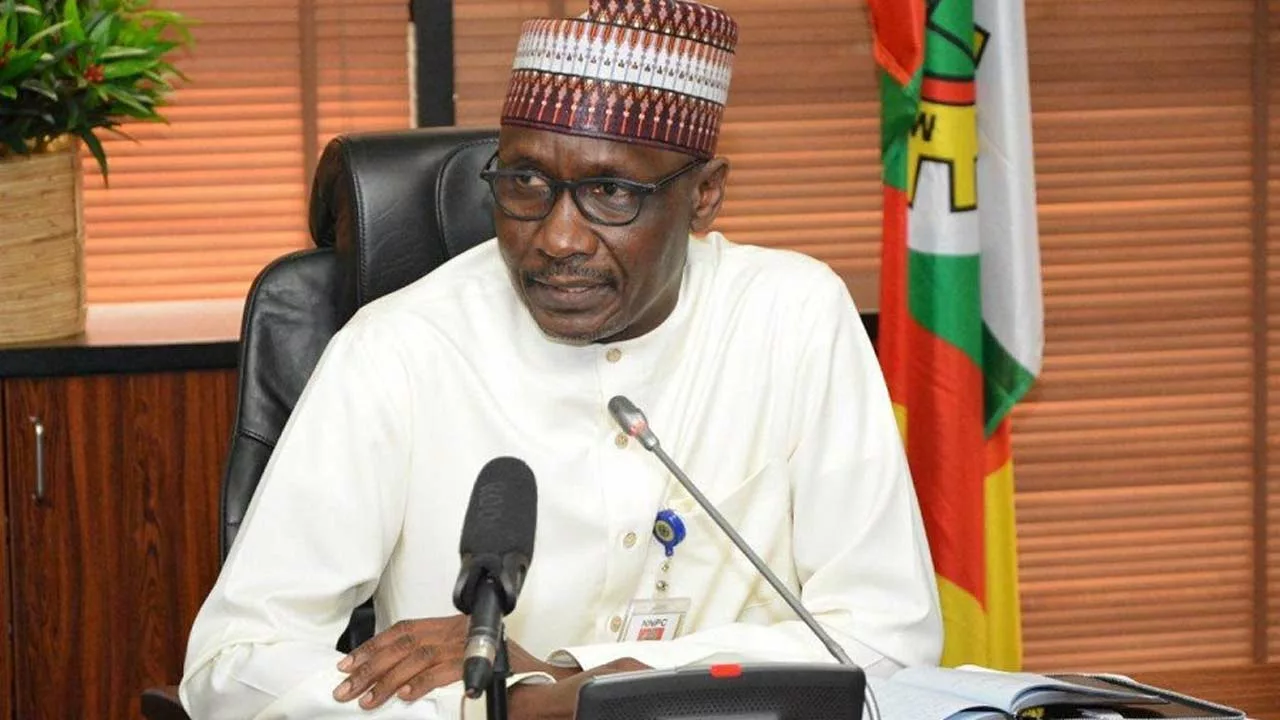Following the drop in oil revenue in Nigeria, the Federal Government's fiscal operation in the first quarter of this year has resulted in a 22.8 percent rise in deficit spending in February 2023. This was made known by the Central Bank of Nigeria, CBN, Monthly Economic Report, MER, for the month of February 2023 as released yesterday. The report indicated that a deficit recorded during February was put at, N513.05billion, pushing the total deficit for the two-month top N931 billion.
According to the report, the oil sector which has recorded a growth of 31% to N774.15 billion in January nose-dived by 50% to n308.07 billion in the month of February.
Neither did the Non-oil revenue spectacularly during the month as it also declined by 3.7% to N730.2 during the same period.
Consequently, the federal Government recorded a deficit revenue during the month that accrued to the revenue account which declined by 32.3% in the period under review.
During the same period, the apex bank also reported that the expenditure side of the fiscal operation s compounded to the deficit position resulting in a 5.9% increase in the expenditure to N991.6.
Federation receipt dropped
According to the apex bank report sighted, it says, “At N1.038 trillion, federation receipts were below the level in January by 32.3 percent. Similarly, it was below the budget of N1.580 trillion by 34.3 percent.
“The decline relative to January was attributed to a fall in collections from Petroleum Profit Tax and Royalties. Oil revenue, at N308.07 billion, was 60.2 percent below receipts in the preceding month.
“The outcome was driven, largely, by the 60.5 percent decrease in collections from Petroleum Profit Tax and Royalties. Similarly, at N730.21 billion, non-oil revenue, was below the level in the preceding month and the monthly target by 3.7 percent and 7.4 percent, respectively.
“The decrease was largely attributed to the 10.5 percent decline in collections from corporate tax on account of the seasonality associated with its payments.
“At N478.57 billion, retained revenue of FGN was below the level in January and the proportionate budget by 7.7 percent and 42.4 percent, respectively.
“Provisional aggregate expenditure increased on account of the rise in both recurrent and capital expenditures. Consequently, the provisional aggregate expenditure of FGN at N991.62 billion rose by 5.9 percent relative to the level in January and was 31.3 percent below the monthly target.
“A breakdown of the expenditure reveals that recurrent expenditure, capital expenditure, and transfers accounted for 84.7 percent, 9.5 percent, and 5.8 percent of total expenditure, respectively.
“At N513.05 billion, the provisional fiscal deficit of the FGN rose by 22.8 percent relative to the preceding month.
“However, it was 16.2 percent below the budget benchmark.”
Analyst recommendations
After a critical examination of the apex bank financial report, David Adonri, Vice Chairman, Highcap Securities, said: “The full year 2023 appropriation law is a deficit budget. The current administration must obey the law. They can review the budget and send a bill to amend the law.
“However, the CBN report covers the period before the assumption of office by this new administration. With the removal of fuel subsidy which constitutes a major expenditure item, this administration can cut the deficit if it follows the budget.”
In his opinion, Professor Uche Uwaleka, President, Association of Capital Market Academics of Nigeria, ACMAN said; “Deficit spending is made worse by rising fuel subsidies and huge debt service burden. This is the major justification for an end to fuel subsidy removal and a halt to contracting new loans that are not self-liquidating.
He explained, “This budget cannot attain fiscal consolidation until the challenges posed by fuel subsidy and high debt service obligations are dealt with.”
Meanwhile, commenting on bunkering activities, the managing Director of APT, Securities and Fund Limited, Mallam Garba Kurfi, said: he was not shocked at the deficit as the production of crude oil at some point fell below one million barrels per day.
“The Government should, with immediate effect address the official bunkering of crude oil because from 1.5 million barrels per day, MBPD, reduced to less than one million is a matter that requires urgent attention and needs to be given serious attention.
“This will give immediate relief while looking into other leakages of revenue for blocking.”
Leakages should be blocked – Chiazor
Suggesting his view, the Head of Research and Investment at Fidelity Securities Limited, Victor Chiazor, said: “Deficit financing is not really an issue, especially when this financing goes into the production and manufacturing arm of your economy as against deficit financing of consumption.
“We are of the opinion that the deficit position reported by the CBN will significantly drop on the back of the recent subsidy removal by the current administration. The next phase will be to now block other leakages and find smart ways to improve government revenues.
“However, growing government revenues will not be immediate hence we expect this deficit spending to continue in the medium to short term.”
Oni calls for a reduction in the cost of Governance
In his opinion, The Managing Director, of Sofunix Investment and Communications Limited, Sola Oni, said: “The new administration should reduce the huge cost of governance, channel the anticipated gains from fuel subsidy to provide infrastructure and other indices of an enabling environment to enhance productivity. Debt rescheduling is not new to Nigeria and a lot can be realized from taxation by deploying technology. In 1994, Sweden was nearly bankrupt but by applying spending cuts and creative tax generation, the country returned to a balanced budget.”




















